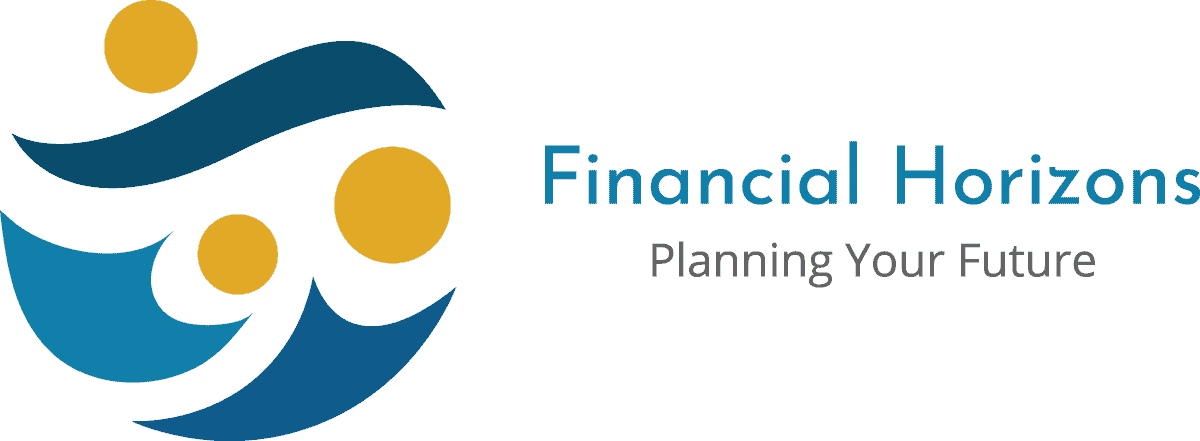Colin Brinsen, AAP Economic and Business Correspondent from the Australian Associated Press, outlines that there are already signs that the Australian economy will slow down as a result of lockdowns caused by the highly infectious Delta variant. As a consequence, the minutes of the Reserve Bank’s August 3rd board meeting indicated that the board will be prepared to take action if there is further bad news on the health front. We wanted to share that on a positive note, Westpac’s chief economist, Bill Evans expects that growth will resume at a solid-trend pace once our economy emerges from current lockdowns.
There are already signs the Australian economy will be slowing as a result of over half the population being in lockdown while trying to tackle the highly infectious Delta variant.
However, at this stage the Westpac-Melbourne Institute leading index, which indicates the likely pace of economic activity three to nine months into the future, is still predicting annual growth above 2.8 per cent – the long-term trend.
The index continued to point to a slowing economy in July, but Westpac chief economist Bill Evans expects the sudden impact of virus lockdowns will become more apparent in August.
Like many economists, Mr Evans is expecting the economy to contract in the September quarter.
With the deteriorating outlook in NSW and Melbourne, Westpac has revised down its forecasts for the September quarter to a contraction of 2.6 per cent.” Mr Evans said. “We are expecting growth to resume at a solid above-trend pace once the economy emerges from current lockdowns but are mindful of the uncertainties associated with the current health situation.”
In the minutes of the Reserve Bank’s August 3 board meeting released on Tuesday, they presented a similar view.
However, the minutes reiterated the board would be prepared to take action if there was further bad news on the health front, should that lead to a more significant setback for the economic recovery.
The board also repeated it will not raise the cash rate from its record low of 0.10 per cent until inflation is sustainably between two and three per cent.
For that to happen it will require the labour market to be tight enough to generate wages growth that is materially higher than it is currently – conditions it does not expect to be met before 2024.
It forecasts wages growth – as measured by the wage price index – to increase gradually to around 2.75 per cent by the end of 2023.
The wage price index for the June quarter this year is released on Wednesday by the Australian Bureau of Statistics, and will confirm why an interest rate hike is still years away.
Economists’ forecasts centre on a 0.6 per cent rise in the June quarter.
This will lift the annual rate to 1.9 per cent from 1.5 per cent as of the March quarter and the record low 1.4 per cent set during the second half of 2020 caused by the fallout from the recession.
Wages growth has not been above three per cent since early 2013.
The purpose of this website is to provide general information only and the contents of this website do not purport to provide personal financial advice. Financial Horizons (Cairns) Pty Ltd strongly recommends that investors consult a financial adviser prior to making any investment decision. The contents of this website does not take into account the investment objectives, financial situation or particular needs of any person and should not be used as the basis for making any financial or other decisions. The information is selective and may not be complete or accurate for your particular purposes and should not be construed as a recommendation to invest in any particular product, investment or security. The information provided on this website is given in good faith and is believed to be accurate at the time of compilation.
